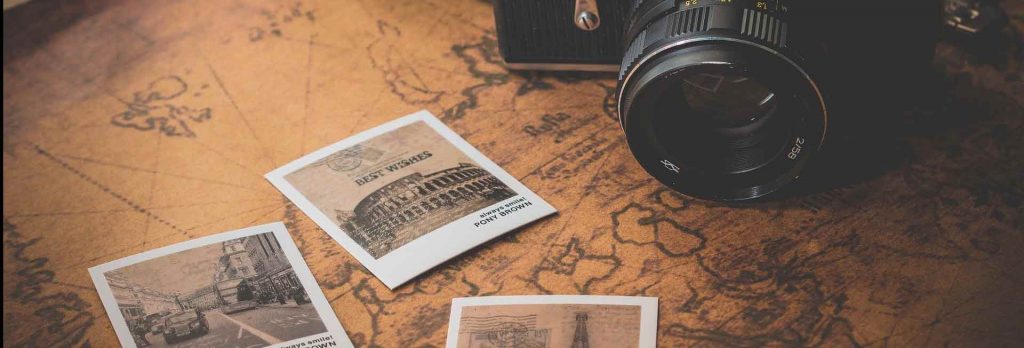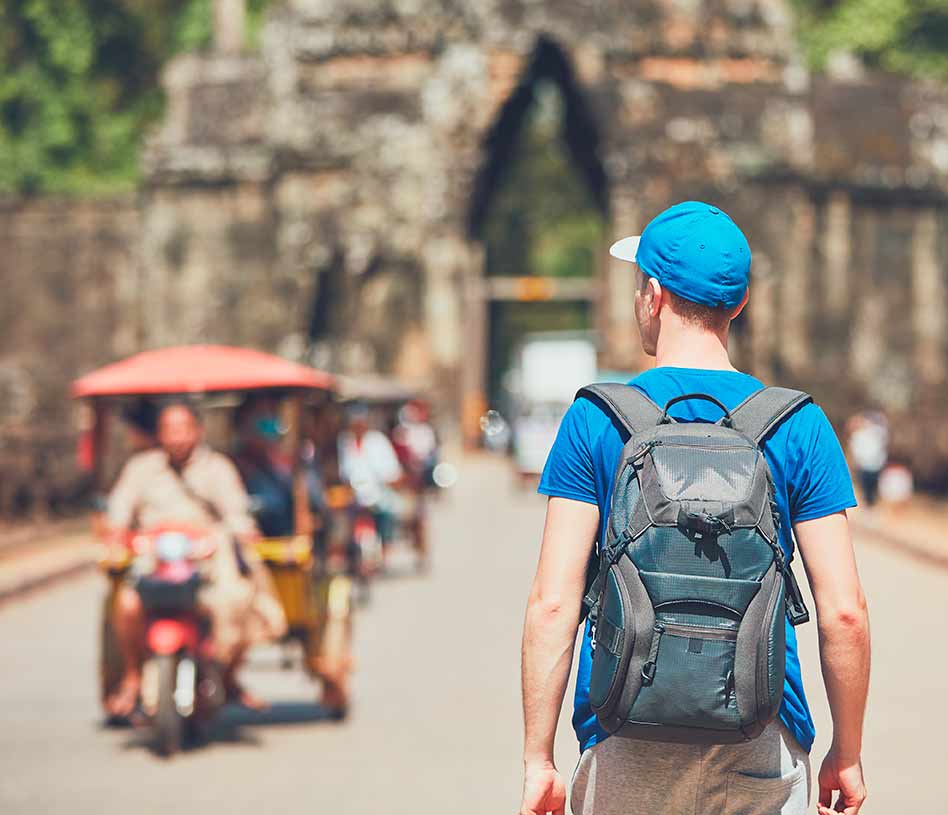
Tips for those learning a language from scratch
Language: Tips for those learning a language from scratch Tips for those who learn a language from scratch If you are reading this article, you

If you are an adventurous person who is curious about new realities, cultures and people, your main purpose in learning a language is probably to communicate with local people when you are traveling. In this article, we will explore useful strategies for learning English on the go, but you can apply these tips to any other language.
Your suitcase is almost ready, you bought your plane ticket months ago, you have studied a plan to best visit the country or city of your choice, you have probably also bought a local guide and are underlining with a yellow highlighter all the interesting destinations and activities… But did you also spend some time studying the language of the place you are going to visit?
Personally, before embarking on a trip, both a country whose language I already speak, and a completely unknown language, I dedicate some time before the trip to inform myself about the language and learn at least the expressions useful for communicating in an elementary way, such as I did it before my last trip to Cambodia, learning the basics of the Khmer language. This way, you show the locals that you care about them and their culture.

Of course, depending on the country you are going to, it will be difficult to communicate exclusively in the local language – like me in Cambodia – and the universal travel language, English, will be of great help. If you start from a basic level, I recommend that you make a list of possible situations that could happen to you while traveling: from shopping and booking a hotel, to asking for directions on how to get to the most beautiful beach or the nearest pharmacy. You will find many materials and useful travel guides like this or this one, which will make this task easier for you but I recommend that you create your own travel guide. It has been shown that if you write (possibly by hand) ideas – in this case in a foreign language – it will be much easier for you to remember the grammatical structure and vocabulary when you go to apply it in a real situation.
The first thing you will need to include in your guide will be the famous “Wh-words” or interrogative pronouns. When you are on your way, there will probably be more questions to locals than answers, so questions like: “Where is the bus stop?”, “When do shops usually close?”, “What time is breakfast?”, “How do I get to the museum? “,” Which one do you recommend? “,” What does this mean? “,” How long does it take to get to the airport? “,” How much is the ticket? “, Etc. they will be very recurring.

Another very important aspect is knowing modal verbs. Depending on the modal verb you use, you will show a higher or lower level of formality. Here we are not going to delve into the use of modal verbs, but soon I will devote an article to the differences between different modal verbs. But let’s see the difference between these two sentences:
“I would like to rent a bike, could you please show me the price list?”
“I want to rent a bike, can you show me the price list?”.
It is obvious that the former is much more formal, so if we talk to a person we do not know, it will be more suitable. It is clear that we must evaluate each situation and understand which form is most recurrent depending on the interlocutor, but, unlike Italian, in English we cannot give “you” or “Lei”, there is a single personal pronoun , “you”, so we need to show our formality with other elements, such as modal verbs.
I could give you many other tips on how to prepare the language for your trip. One of them is watching documentaries about the place you are going to visit. If you have a basic level, I advise you to choose rather short videos with subtitles and listen to them several times with and without subtitles, going to write the new words. A good example of a clear and short video is this.
On my Facebook page Tiny Apple’s Teaching Tips and Trips, you can also find videos in different languages - often in English -, taken during my travels and excursions to show my students the places I visit in the language they are learning. I’m waiting for you for the next language adventure!

Language: Tips for those learning a language from scratch Tips for those who learn a language from scratch If you are reading this article, you

Language: Se sei una persona avventurosa e curiosa Se sei una persona avventurosa e curiosa di conoscere nuove realtà, culture e persone, il tuo scopo principale nell’imparare una

Language: Willkommen /Bienvenidos /Welcome /Benvenuti Welcome to melinahelm.com! Thanks for the visit! In the following lines I want to briefly explain what you will
Address: Via La Marmora 13 08028 Orosei, Italy
Email: info@melinahelm.com
Phone: +39 391 473 4037



